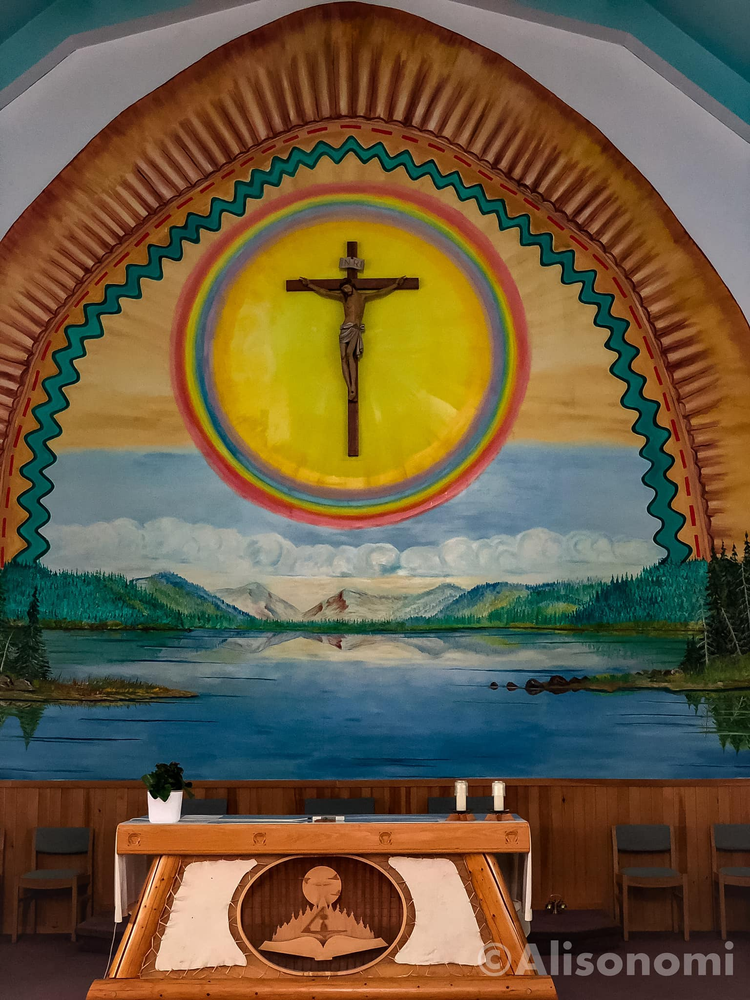
For a while now, I have become passionate about decolonization theology. I have concluded that it’s now for me the locus or the position from which commences every theology. I know all the insinuations and accusations levelled against every decolonization movement today. Yet, I unapologetically and intentionally practice a decolonizing theology. My reasons might be evident at the end of this reflection.
First, anyone at home with the thoughts of Lamen Sanneh, for example, understands that most of what we know as Western theology is a translation of the Jewish or Aramaic God-experience into the European worldview. Yes, I know the limit of saying it simply in these terms, but those with a historical understanding of Christianity and Christian theology would find this understandable. And if one is not, there is no cause for alarm, as it will eventually become more evident.
Moreover, seen from the biblical or maybe exegetical point of view, it is not news that certain parts of the Bible are basically either the presentation of past narratives or their interpretations. Examples are the reenactments of birth annunciation and marriage proposal narratives and the reinterpretation of Exodus and Sinai experiences. While the former follows a literary pattern and respects certain choices of sites like wells in marriage proposal narratives, the latter adapts the exodus narratives to the community’s current situation. This last observation could be found in the deutero-Isaiah, Nehemiah, and Ezra. Luke, for example, also abundantly uses the texts of the prophet Isaiah in this manner.
Returning to Christian theology, we quickly understand why we find many Greek thoughts and categories in our Christian theology. “Pagan” philosophers like Plato and Aristotle were “canonized,” Later, their view helped translate Jewish experiences of God into western Christianity.

However, the problem is that when Christian missionaries went out around the 16th, 17th and early 18th centuries to Christianize – different from evangelize – non-western society, they refused to correctly translate Jewish experiences of God. Instead, they rather advertently or inadvertently imposed their own translation on them.
They refused or failed to recognize the wisdom in other cultures. And forgetting that Aristotle and Plato were also “pagans,” they villainized all local knowledge sources, calling them paganism.
For centuries, this thought pattern dominated all our fields of study, sciences, philosophy, theology, anthropology, etc. They reigned with all impunity, allowing Platonic dualism to dictate laws to society. In this thinking pattern, one is either holy or unholy, sacred or profane, righteous or unrighteous, male or female, etc. Finding oneself outside these categories eventually became taboo. And making this system of thought the only approach to Christian theology imprisoned it forever.
The Aristotelian obsession with essence and necessity and its tyrannical fixation on logic and definition forced Christian theology to quarantine God and his will in European worldviews. No one would have complained if this way of thinking remained in medieval Europe or had not been imposed on other cultures and historical periods. However, forcing it on other societies and times is the most significant error of theology.
Unfortunately, despite these philosophies facing many critics in the West today, they are still being commercialized in different ancient colonies. Priests, pastors, teachers, and educators keep intoxicating our minds with borrowed worldviews. Schools and Churches engage in force-feeding us with ideologies that are not only borrowed, but are calling for updates in their original territories.
Today, I cannot stop asking myself these questions: has it occurred to everyone that the world is not in black and white? Has it escaped everybody’s imagination that dualism is a strange thought in our indigenous cultural societies – North America and Africa – for example? Do we understand that when someone or an object is not sacred in these societies, they are not necessarily profane? Is it because people are not angry that they are happy? That something is not black doesn’t mean it’s white. In our societies, there are many spectra of realities. Men could be men yet act freely like women, and vice versa. A family could be in serious conflict, yet according to outsiders, they are best friends.
Today, theologizing starts when we decide to unmask these sugar-coated thoughts that deny others the ability to articulate their experiences of God in their own words. It begins when we remove every pretense that only Euro-American points of view are valid. This is why I am convinced that the locus of decolonization theology is the deconstruction of the universalized, tyrannical hegemony of the Eurocentric interpretation of God’s experience.






